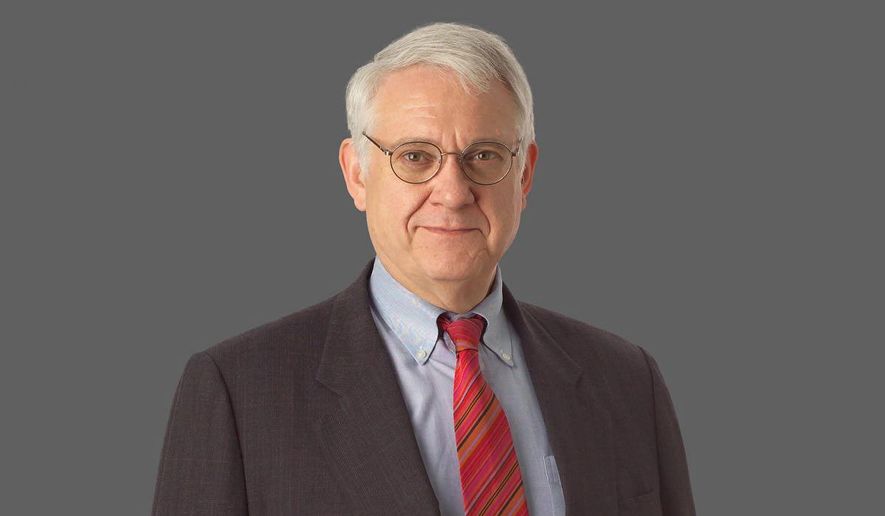South Korean President Park Geun-hye returns to Washington after proving her mettle this summer in a tense standoff with North Korea. North Korean agents planted land mines in a long-standing path patrolled by South Korean soldiers, setting off another round of escalating tension between North and South. South Korea stood firm, and North Korea blinked.
Ms. Park also comes after having attended the Victory Day celebrations in Beijing in early September. She was the only head of a democratic state to join President Xi Jinping on the reviewing stands watching a military parade, triggering concern here in Washington about Korea’s direction.
These two episodes graphically define Park Geun-hye’s presidency. Attending a military parade in Beijing illustrates a central pillar in the Park presidency. By seeking close ties with China, Ms. Park has achieved a long-standing aim of Korean diplomacy, which is to isolate North Korea and caused China to distance itself from the renegade Pyongyang regime. These close ties with China do not, however, threaten Korean-American relations. I know from numerous personal discussions with Ms. Park that she considers the U.S.-Korean alliance the foundation for Korean security.
This strategy is working. South Korea was able to stare down a petulant North Korea, adding momentum to what is inevitable — the eventual unification of a divided Korea in a manner that is acceptable to both China and the United States.
This has set her reputation in Korean history. But there is more to do. The Korean collective intellect is still scarred by a brutal civil war that left destitution. No country in the past 70 years has demonstrated such determination and success in transforming itself from abject poverty to glittering prosperity. But Koreans still think of themselves as a small, vulnerable regional power, caught between two potentially dangerous superpower neighbors — Japan and China.
Koreans do not think of themselves as the 11th largest economy in the world, even as they continue to move up the ranks of the great states. Korea has played only minor roles in global affairs, most often as a loyal (and sometimes unenthusiastic) partner to American-led operations.
Understandably, Korea remains caught in the last standoff of the Cold War, worrying every day that a crazy North Korean leader or a desperate rogue officer might trigger a military cataclysm. But Korea is now at a stage of development and success that it can look beyond its immediate trials.
Ms. Park’s greatest contribution would be to help redefine the Republic of Korea as a global leader, not a small regional power. Korea should become the champion of global goods — such as becoming a leader in the non-proliferation campaign as Asia builds out a new generation of commercial reactors. Korea could become a global leader for humanitarian response following disasters, drawing on its energetic NGO community and its sophisticated biomedical industry. It could become a global champion for active diplomacy on disputed territories covered by the U.N. Convention on Law of the Sea. Korea could become the most dynamic terminus for the new Silk Route being recreated in the great Eurasian supercontinent. Korea has agreed to host the 2017 Global Health Security Agenda, but rather than host a one-time event, Korea should take a global leadership role on public health issues.
Korea has worked miracles to convert the devastation of war to the bright promise of modernity. Ms. Park can now give Korea a new focus — confidence to be a world leader, tackling the great problems of this century.
• John J. Hamre is a specialist in international studies, a former U.S. government official and president and CEO of the Center for Strategic and International Studies.




Please read our comment policy before commenting.